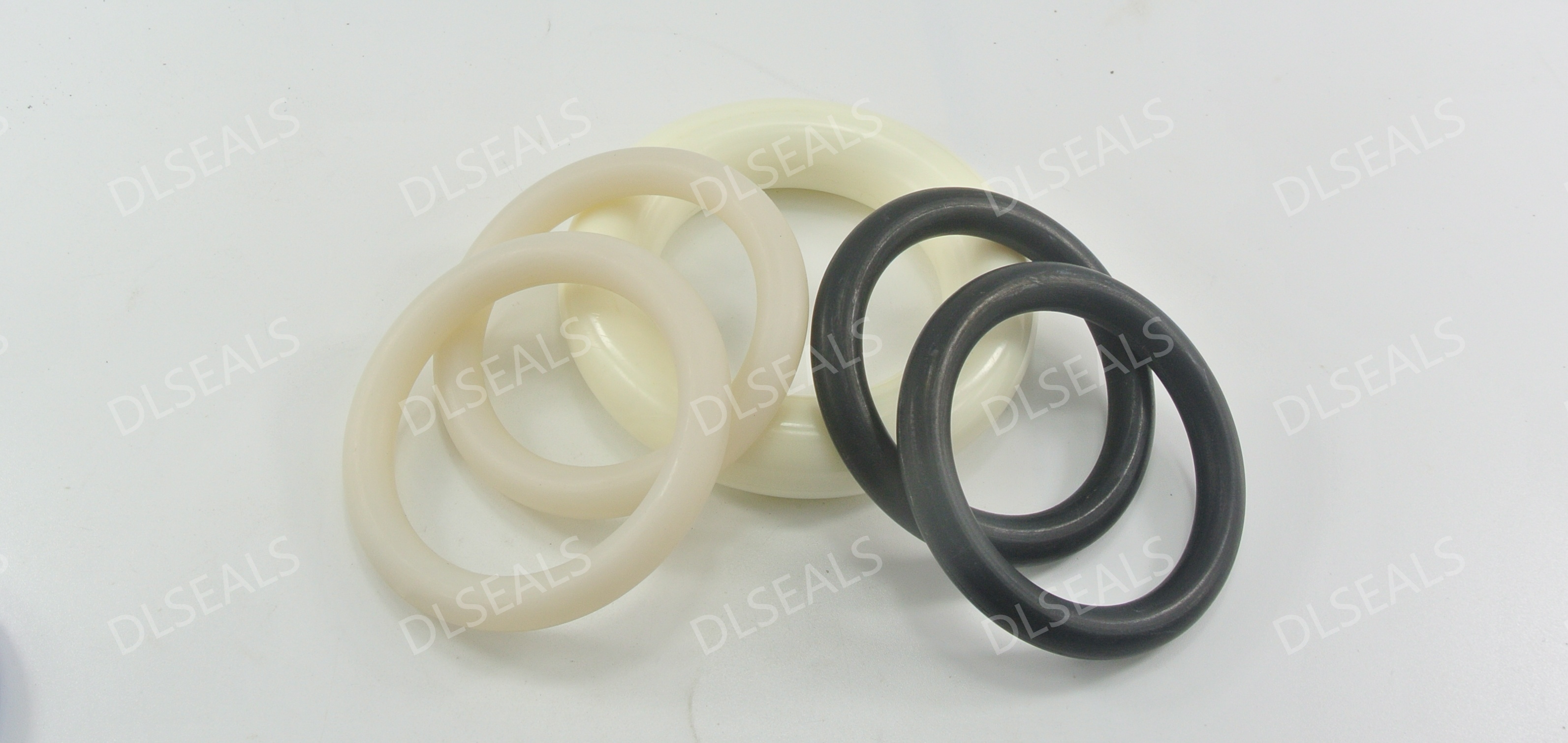
Introduction
Nylon seals are a kind of sealing material widely used in various industrial equipment and products. Due to the excellent mechanical properties and chemical stability of nylon (polyamide), its application in many fields is becoming more and more common. This article will comprehensively explore the basic characteristics, application fields and production processes of nylon seals in order to gain a deeper understanding of this important industrial material.
Basic characteristics of nylon seals
As a high-performance sealing solution, nylon seals have the following basic characteristics:
Excellent mechanical strength:
Nylon seals have excellent tensile strength and impact resistance, and can withstand large compression and tensile loads.
Wear resistance:
Nylon material has good self-lubrication, which can effectively reduce wear and extend service life, and is suitable for occasions with continuous friction.
Chemical corrosion resistance:
Nylon has a certain resistance to many chemicals (such as oils, solvents, acids and alkalis), and is suitable for a variety of industrial environments.
Good heat resistance:
Nylon can work at higher temperatures, but it should be noted that the temperature resistance of different types of nylon is different, generally between -40℃ and +120℃.
Low hygroscopicity:
Nylon has low hygroscopicity and is not easily affected by changes in shape and size due to changes in environmental humidity, maintaining stable sealing performance.
Good electrical insulation:
Nylon materials are good electrical insulators and are suitable for use in electrical and electronic equipment.
Easy to process and shape:
Nylon seals can be manufactured through a variety of processes such as injection molding and extrusion to form complex shapes to meet different needs.
Application areas of nylon seals
Due to their diverse properties, nylon seals are widely used in various fields:
Automotive industry:
Widely used in the sealing of automobile engines, transmissions, doors and windows, providing good sealing performance and protection functions.
Electronic appliances:
In electrical switches, plugs, wires and connectors, it provides effective electrical insulation and moisture protection.
Mechanical engineering:
Nylon seals are used in bearings and lubrication devices in mechanical equipment to reduce friction and wear and improve equipment operation reliability.
Chemical industry:
Applicable to the sealing of chemical equipment, pipeline connections and containers to prevent the leakage of corrosive chemicals.
Food and pharmaceutical industry:
Medical and food-grade nylon seals can be used in medical devices and food packaging to meet hygiene and safety standards.
Construction field:
Used for sealing windows and door frames to reduce noise and prevent water intrusion.
Nylon seal production process
The production process of nylon seals usually includes the following steps:
Selection of nylon materials:
Select appropriate nylon materials (such as nylon 6, nylon 66, etc.) according to the end use, with different performance characteristics.
Molding process:
Injection molding: Heat and melt nylon particles and inject them into the mold, and form a seal after cooling.
Extrusion molding: Process nylon materials into the desired shape through an extruder, suitable for the production of continuous sealing strips or pipes.
Heat treatment:
Improve the performance of nylon seals by heat treatment, such as increasing toughness and reducing stress.
Surface treatment:
Surface treatment (such as spraying or coating) of the finished product to improve appearance, enhance performance, and prevent aging and wear.
Quality control and testing:
During the production process, nylon seals need to undergo strict quality testing, including appearance, size, physical properties, etc., to ensure compliance with relevant standards and customer requirements.
Summary
Nylon seals play an important role in many fields due to their excellent mechanical properties, wear resistance and chemical stability. Whether in the automotive, electronics, machinery, chemical, or food and pharmaceutical industries, nylon seals provide reliable sealing solutions. Through reasonable production processes and strict quality control, nylon seals can meet the use requirements in complex environments and provide support for the development of various industries. With the continuous advancement of technology, the application potential of nylon seals will be further expanded, helping to achieve more innovative and efficient solutions.
Post time: Oct-31-2024
